The Future of Women’s Health in South Asia - 5 Femtech Companies to Know
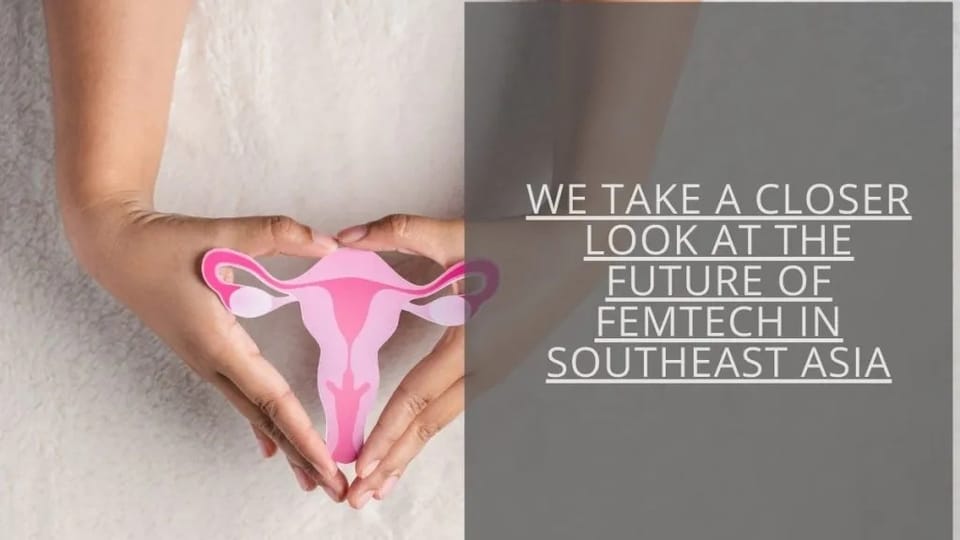
Coined only in 2016, the word ‘femtech’ is used to define any technology-enabled product, service or solution focused on women’s health. As tech advancements in AI, consumer technology and social media continue to take over our life - “femtech” has become a very specific field in tech that aims to equalise health access for women across the world. In word and deed, femtech is hoping to change the narrative around who makes decisions regarding women’s health and who benefits from them.
According to McKinsey, over 70 per cent of femtech companies have at least one female founder, compared to 20 per cent in other types of new companies/
In South Asia in particular, even the concept of equal and accessible health care still seems like a dream for many women. Lack of financial independence, literacy and digital skills all contribute to low rates of women being able to access healthcare, and more importantly - quality and timely healthcare. Across the region, ambitious founders and tech experts are now trying to use the same belief - that tech can equalise healthcare - to give South Asia women what they have needed for so long.
Started by Glasgow-born Pakistani Hera Hussain, Chayn was founded 10 years ago to create an availability of free online resources for survivors of Gender Based Violence. Through online guides, constant information and a bottom up approach that centres survivors, Chayn aims to create a digital world where survivors can heal and move on from their trauma.
https://www.instagram.com/p/C92C9ggtd3L/?img_index=1
Founder Suha Lalani started Pink Detect when she realised just how little awareness there was amongst Pakistani women regarding their breast health. Pakistan has the highest incidence of breast cancer among Asian countries: one in nine women is at risk of being diagnosed with breast cancer during their lifetime. Despite hosting awareness camps in neighbourhoods across Punjab, Lalani wanted to do more. “I knew at scale we needed a tech solution, a constant breast health ally for women. Pakistani women lag in digital tech advancements, and so we wanted to create an app that was easy for them to use and understand,” Lalani tells Echoes Media. With the app underway, Pink Detect is continuing both digital and physical education using culturally sensitive imagery and materials.
https://www.instagram.com/p/DBeZBW-xhjU/?img_index=1
Mehfooz is a domestic violence awareness campaign launched by Legal Aid Bureau and Adal Aur Sehat in an effort to create more accessibility for survivors of domestic violence to access help and resources. The AI tool works in a two pronged approach - firstly by providing aid to survivors and guiding them on how to best find help in their situation and second by providing sensitivity and awareness training to judges, allies and those working for justice on how best to help survivors
https://www.instagram.com/p/C-dTZd7ImtR/
Founded in 2019, My Ava is a health and wellness partner for women. It helps Indian women get more in touch with their own health through not just period and pregnancy tracking but awareness and education around PCOS, period pain, thyroid and more. The app allows users to track symptoms, learn more about their health conditions and keep wellness at the forefront of their decisions.
Shapla started sanitary products vending machines in Bangladesh in 2019, to fight the scarcity of both awareness and resources when it comes to women’s menstrual health. They partner with organisations, public authorities and institutions to provide their machines in as many places as possible and also carry out awareness sessions to challenge stigmas around menstrual health in Bangladesh.
https://www.instagram.com/p/CzX7xeIy3Qs/
While many of these initiatives are still new, it just goes to show that there’s serious gaps that need filling if we are to cater to South Asian women’s health in an accessible and holistic way - and tech is the way forward.

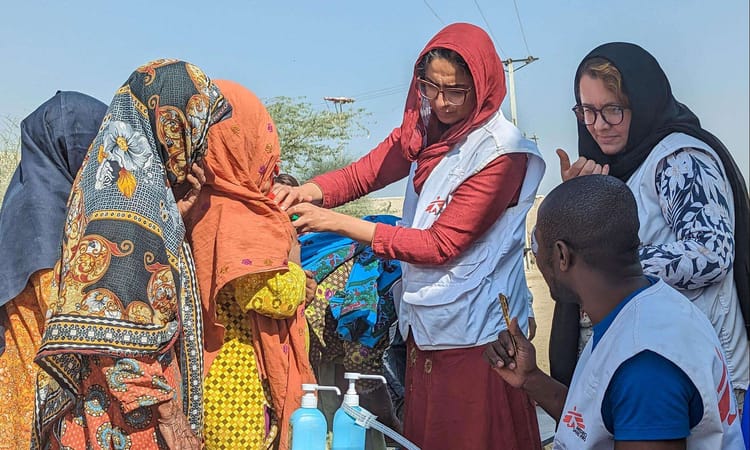
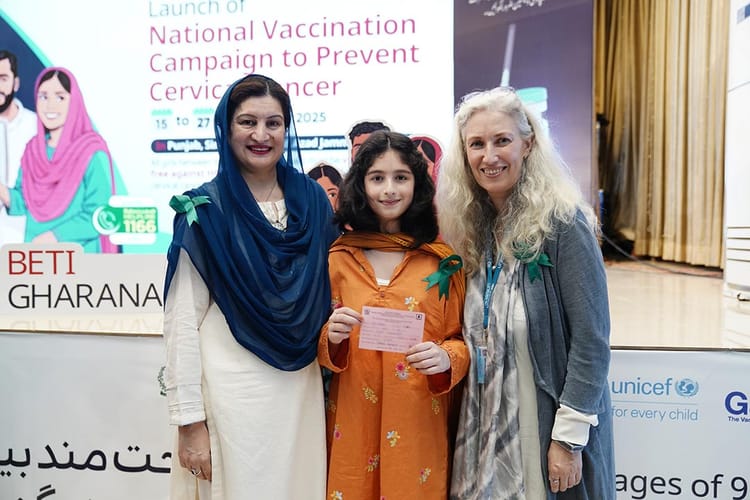
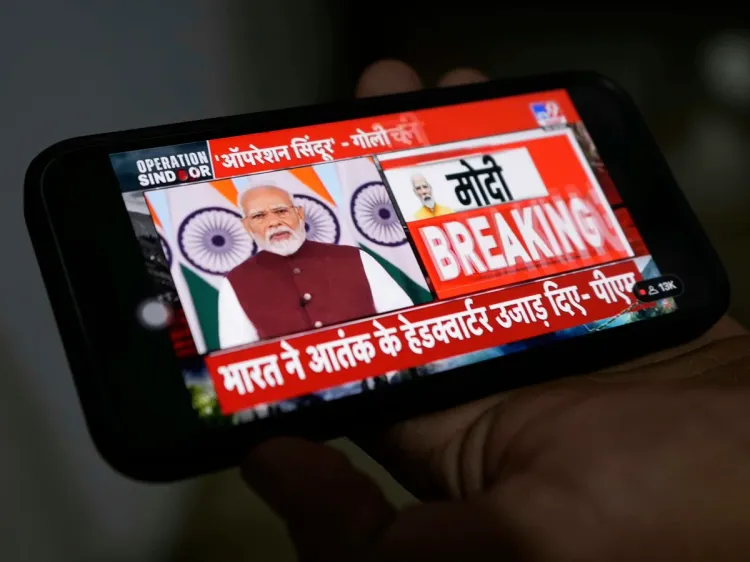
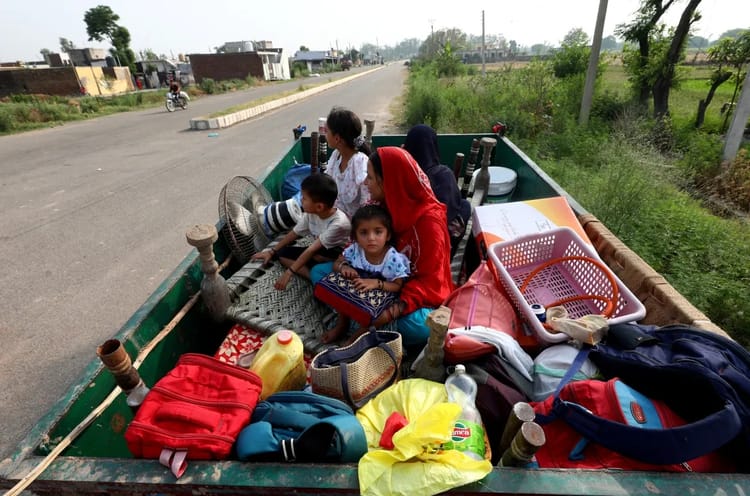
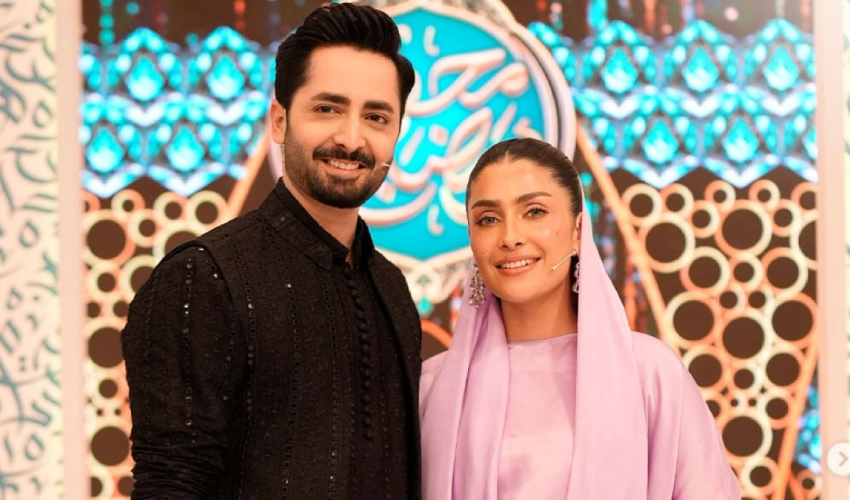
Member discussion